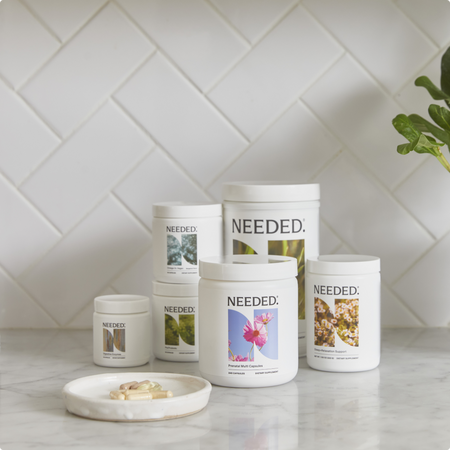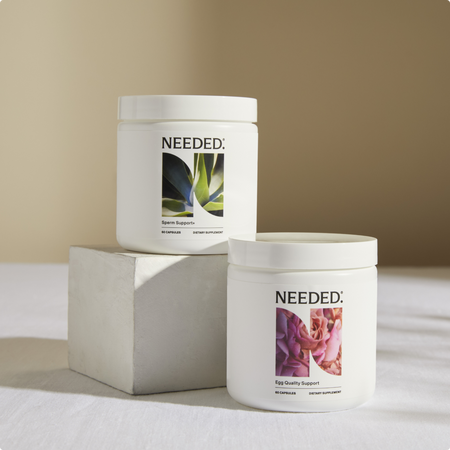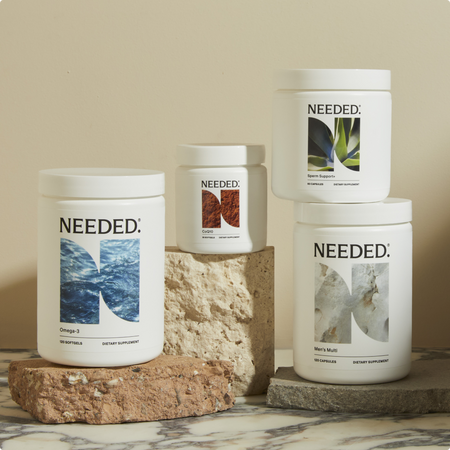Perimenopause is a time of big changes in your body, and your cells feel it, too.
As estrogen levels decline, your cells’ energy production slows, inflammation can rise, and your ovaries start working differently. The potential result? Fatigue, mood changes, sleep disruption, and those “energy crashes” that feel impossible to shake. But here’s the good news: you can give your cells the support they need to help you thrive, not just survive, through this period of life.
What Happens to Your Cells During Perimenopause
1. Your Cellular Energy Takes a Hit
Mitochondria, the tiny powerhouses inside your cells, are responsible for producing energy (ATP) that fuels everything from your morning jog to mental sharpness. Estrogen helps mitochondria function efficiently, but when levels drop during perimenopause, energy production becomes less optimal. This is why you might feel tired, run-down, or experience sudden “energy crashes” throughout the day.
2. Oxidative Stress and Inflammation Rise
Hormonal fluctuations can trigger oxidative stress, when free radicals damage your cells this can increase inflammation. That’s part of why temperature changes can feel intense, your sleep can be disrupted, and your mood swings might feel harder to manage. Supporting your body with antioxidants and nutrients that fight oxidative stress can help your cells’s resiliency.
3. Ovarian Function Shifts
During perimenopause, ovarian hormone production becomes less predictable. Supporting ovarian health during this phase helps your body maintain optimal function as your ovaries adjust to this natural phase of life.
Bottom line: your body is working harder at a cellular level. Supporting your cells is key to staying energized, resilient, and balanced.
Click HERE to read more about Perimenopause.
How Cellular Aging Support Can Help
Our Cellular Aging Support is formulated with targeted antioxidants and nutrients designed to support:
-
Healthy cellular aging and vitality
-
Mitochondrial function and ATP production
-
Resilience against oxidative stress
-
Balanced inflammatory response
-
Ovarian health
Why This Matters
Your body and brain are asking for support. This is your moment to listen, not just push through. By nourishing your cells, you’re giving yourself the chance to thrive through this chapter of life, not just survive it.
When You Can Expect Results
Within the first few days:
-
Key ingredients like PQQ begin supporting mitochondrial function. Early research shows improvements in cellular energy markers.
Within 6 weeks:
-
Markers of mitochondrial health start to improve, including support for mitochondrial biogenesis—the process by which your cells generate new mitochondria.
8–12 weeks:
-
PQQ has been studied for supporting mental sharpness, muscle health, and physical performance. Studies show benefits for cognitive function and measures of physical health across all adult age groups.
Supporting Yourself, Inside and Out
Perimenopause doesn’t have to mean slowing down. In fact it’s likely a time in your life where you have more to juggle than ever. By giving your cells the nutrients they need, you can maintain energy, support your body’s natural resilience, and aid your long-term health. Think of it as investing in your cellular “future self.”
Shop our new Cellular Aging Support here.
















